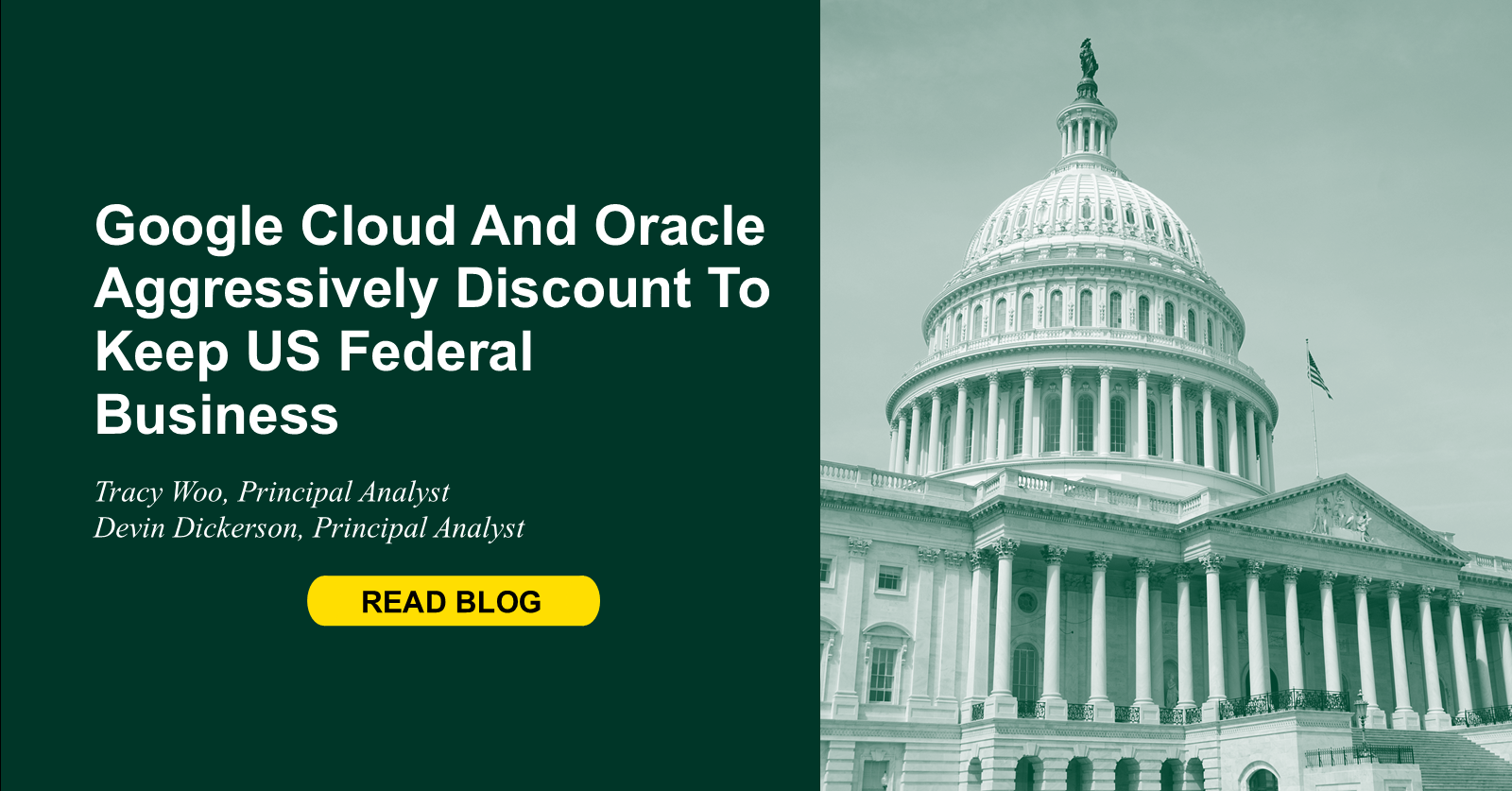Food pantries were once viewed as a resource for the deeply impoverished or temporarily displaced—people facing homelessness, job loss, or catastrophic medical events. But that narrative has changed. In cities and suburbs alike, food banks across the country are seeing a surge in visitors who don’t fit the traditional mold of “needy.”
They are teachers, office workers, nurses, delivery drivers, and even dual-income households. They are homeowners with mortgages, parents with daycare bills, and retirees who thought they’d saved enough. In other words, they are middle-class families—formerly secure, now quietly desperate.
This isn’t a fluke. It’s a symptom of something deeper: a collapsing middle rung that can no longer absorb inflation, stagnating wages, and rising essentials. So what’s driving more middle-class families into food pantry lines in 2025? The answer is as complex as the problem itself.
Grocery Costs Have Outpaced Wage Growth By a Mile
One of the most immediate factors forcing middle-class families to food banks is the price of groceries. While inflation may have cooled on paper, food prices have continued their upward march, especially for core staples like eggs, dairy, meat, and fresh produce. According to recent data, grocery bills have risen by over 25% since 2020—yet wages haven’t come close to keeping up.
This disproportion hits hardest for families already allocating most of their paycheck toward fixed expenses like rent, child care, insurance, and transportation. When there’s no room left to trim, and grocery costs surge, something has to give. For many, that “give” now looks like relying on free community food distributions to bridge the gap.
Food pantries are no longer a last resort. They’ve become a necessary part of the modern middle-class survival toolkit.
Dual-Income Households Still Aren’t Making It
There was once a belief that if you and your partner both had jobs, you’d be financially secure. But in today’s economy, two paychecks often still don’t cover the basics, especially when those jobs are in education, health care, service, or administrative sectors.
What’s changed? It’s not just inflation. The cost of living, especially housing, has ballooned faster than income in nearly every metro area. Add to that student loan payments, rising child care fees, increased health insurance premiums, and the basic cost of transportation, and many families find themselves living paycheck to paycheck, even with two incomes.
In 2025, having two jobs isn’t a guarantee against food insecurity. For some, it’s just barely enough to avoid homelessness—while still relying on a food pantry to feed their kids.
Emergency Funds Are Gone and Credit Is Maxed Out
During the pandemic, many families dipped into their savings to cover emergencies. Others relied on stimulus checks or temporary forbearance to survive. But those resources are long gone, and for a significant portion of the middle class, emergency funds haven’t been rebuilt. In fact, many Americans now report having less than $500 in savings.
When a car repair hits, a medical bill arrives, or hours get cut at work, families have little room to maneuver. And with credit card debt now at all-time highs, and interest rates rising, many no longer have borrowing power to fall back on.
That leaves them with limited options: delay bill payments, skip meals, or turn to food banks. For families who once donated to pantries, showing up as recipients can feel like a stunning reversal, but it’s increasingly the norm.
Pride Is No Longer a Luxury People Can Afford
For decades, there’s been a stigma attached to using food pantries—especially among those who saw themselves as “middle-class” or “independent.” Many working families used to grit their teeth and say things like, “We’d never ask for help,” or “We’ll figure it out.”
But rising costs have outpaced resilience, and survival has started to override pride. Food banks report that more and more first-time users are people who are visibly uncomfortable accepting help—people who waited until the pantry became the only remaining option.
This quiet erosion of pride has been replaced by necessity. And organizations on the ground have noticed: the faces in line have changed. There are more SUVs than old clunkers, more working uniforms than worn coats, and more kids in soccer gear than tattered shoes.
Retirement No Longer Protects Against Hunger
It’s not just working families feeling the pinch. Retirees who thought they had “enough” are discovering they underestimated the cost of aging in 2025. Whether it’s rising property taxes, prescription drug prices, or groceries, fixed incomes aren’t stretching as far as they once did.
Many older adults find themselves choosing between filling prescriptions and filling their fridge. And unlike younger families, retirees often have fewer options to increase their income, especially if health issues limit work.
This has led to a surprising uptick in seniors quietly turning to food pantries. In some areas, pantries are now coordinating with senior centers and Medicare navigators, because demand among this demographic has grown so quickly.
Housing Costs Are Devouring the Middle Class
Rent hikes and mortgage rates have created a perfect storm for families trying to maintain stable housing. In many cities, rent now consumes 40–50% of a household’s income, well above the recommended 30% threshold. Homeowners are struggling too, especially with soaring insurance premiums and property tax increases.
When housing eats half your income and wages haven’t budged, there’s little left for groceries, savings, or even gas. As a result, more families are cutting food before cutting rent—and using pantries to plug the gap.
Food banks are increasingly reporting that even financially “responsible” families—those with jobs, budgets, and no frivolous spending—are still showing up in need.
Families with Children Face the Greatest Strain
Having kids magnifies every financial pressure. Child care, school fees, extracurriculars, and medical expenses can easily overwhelm a middle-class budget, especially in single-parent homes or households with one partner staying home due to daycare costs exceeding income.
For these families, school meal programs and food pantries often work in tandem to keep kids fed. During summer, when school meals aren’t available, pantry demand spikes. And even in the school year, many working parents report relying on food pantries to provide enough consistent nutrition.
It’s not about laziness. It’s about logistics. When every dollar is spoken for and a $10 bag of grapes is no longer feasible, a free food box becomes a necessity.
Food Pantries Themselves Are Under Pressure
Ironically, just as demand surges among the middle class, food pantries are also being squeezed. Donations are down, government support has waned, and food supply chains are less reliable. Some pantries have begun rationing or turning people away due to limited stock.
This underscores a bleak reality: the safety net itself is fraying. As more “unexpected” users turn to food banks, the system is being pushed to its breaking point. And unlike in past eras, there’s no quick government intervention coming to expand capacity.
Pantries were never meant to carry the weight of the middle class. But in 2025, they’re doing exactly that.
The Definition of “Struggling” Has Changed—And So Must Our Response
What does it mean to be middle class in 2025 if you can’t afford groceries? If you work 40+ hours a week, share expenses with a partner, and still end up in a food pantry line? The old definitions no longer apply.
Food insecurity has crept into places it was never supposed to reach: suburban homes, dual-income households, retirees with paid-off homes. The new face of hunger isn’t unemployed or homeless. It’s employed, insured, and overextended.
This crisis isn’t just about food—it’s about a system that no longer works for the people who once sustained it. And as more families quietly seek help, the rest of us must confront the uncomfortable truth: if the middle class can no longer afford to eat, what happens to the idea of American stability?
Have you or someone you know had to make difficult choices about groceries, bills, or seeking help in today’s economy?
Read More:The Surprising American Middle Class – Use This Calculator To See Where You Stand
Why the New Middle Class Is Living Paycheck to Paycheck
Riley Jones is an Arizona native with over nine years of writing experience. From personal finance to travel to digital marketing to pop culture, she’s written about everything under the sun. When she’s not writing, she’s spending her time outside, reading, or cuddling with her two corgis.


























